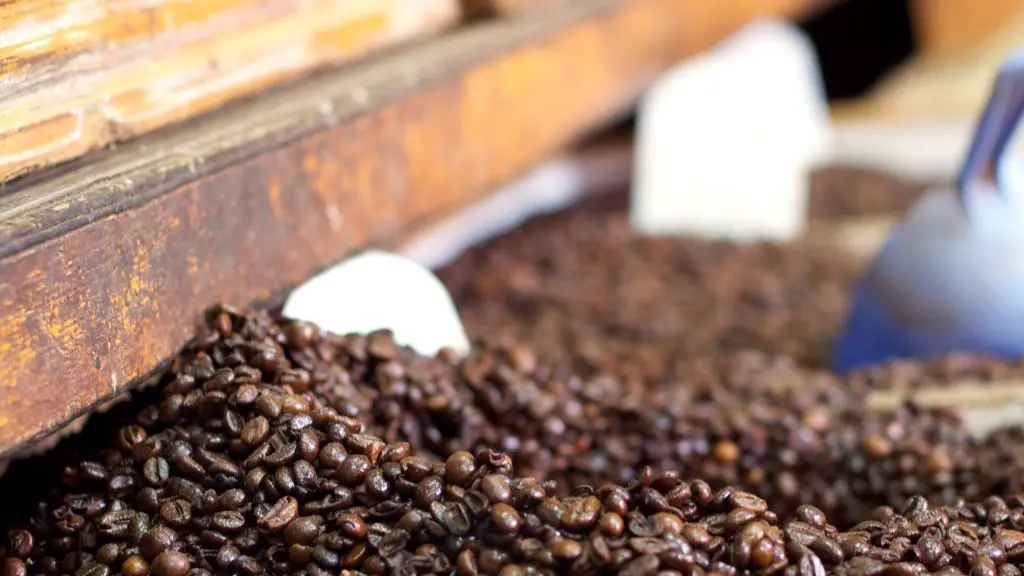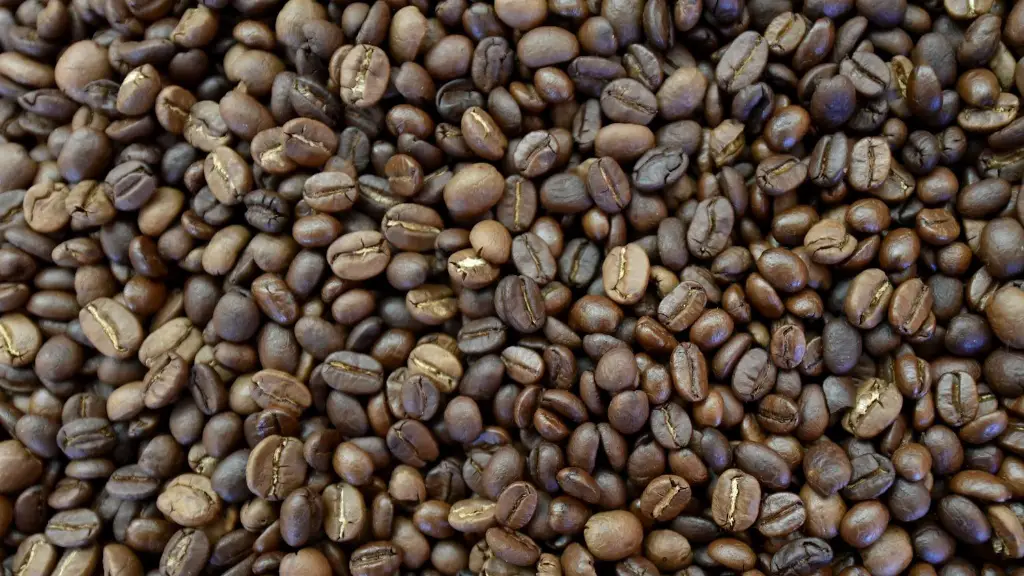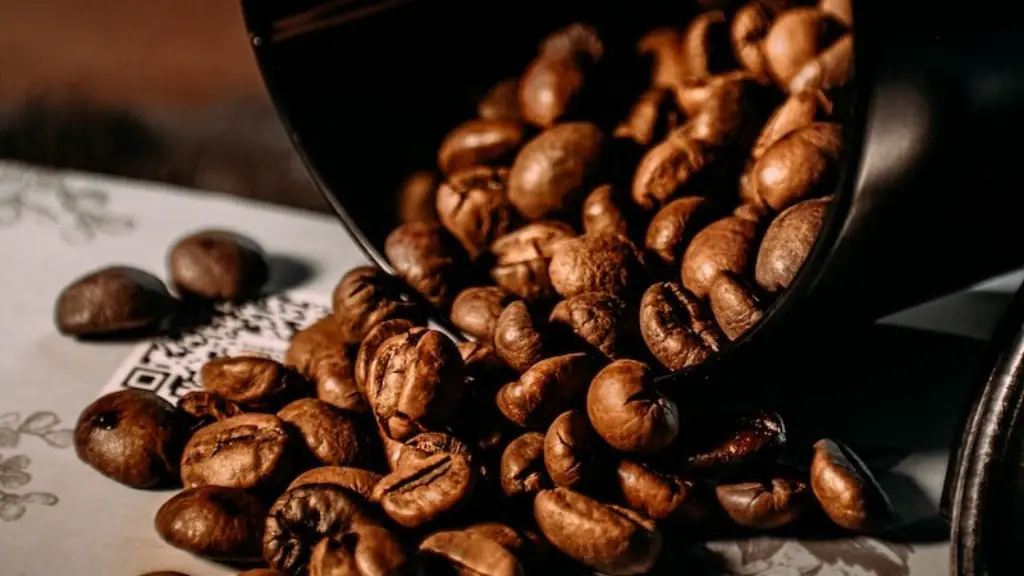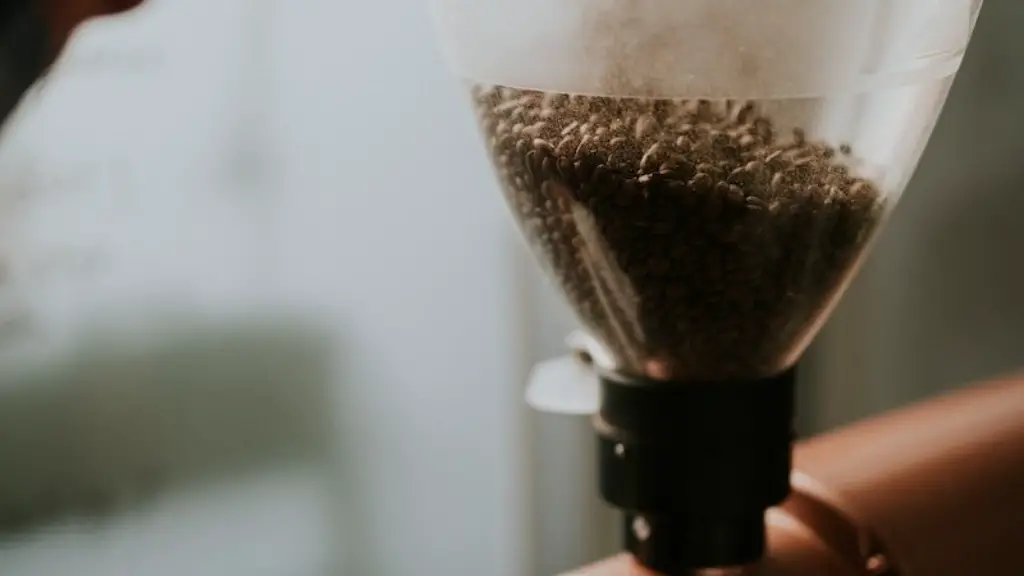For many, coffee and alcohol are part of a daily routine, sometimes even part of our meals. These two substances are socially accepted and sometimes even seen as beneficial. The truth, however, is that if we take a closer look, coffee and alcohol come with a set of consequences that can become permanent if not managed appropriately. So what happens when you stop drinking coffee and alcohol?
Coffee is one of the most-consumed beverages in the world. Approximately 400 billion cups of coffee are consumed worldwide each year and around 27% of adults in the US drink coffee every day. Coffee has been linked to improved brain function, stress relief, and reducing the risk of some chronic diseases. However, it may come with drawbacks, such as insomnia, anxiety, digestive disorders, increased heart rate, and dehydration. Symptoms may vary based on the individual and amount of coffee consumed.
For years, alcohol has been the go-to choice of many adults. It has been used as a form of self-medication and coping mechanism and is often seen as “normal”. It has been linked to short-term mood and stress relief, but like coffee, it may come with long-term consequences. Alcohol intake can lead to addiction, liver disease, heart disease, impaired brain function, high cholesterol, and more with long-term use.
When people stop drinking coffee and alcohol, it’s said that they experience a variety of physical and mental effects. Common responses that have been reported include improved sleep, improved mood, reduced stress, and improved energy levels. Some studies have even linked moderate coffee and alcohol intake to reduced risk of stroke, hypertension, and other heart diseases. However, sudden suspension of either or both substances may lead to withdrawal symptoms such as headaches, fatigue, irritability, and insomnia.
Coffee and alcohol withdrawal can last from a few days to a few weeks and must be managed responsibly. The key is to use moderation and to make sure there are supportive habits in place that can be used to replace these substances. Eating healthy, exercising regularly, meditating, and getting plenty of sleep can be beneficial in helping to alleviate the feeling of having to reach for a cup of coffee or a glass of alcohol.
Experts recommend that those trying to cut back on coffee and alcohol should start slowly. They should also monitor their progress and keep a journal to track their reactions to quitting. Additionally, they should focus on their goals and establish a plan that will keep them on track.
Potential Benefits of Quitting Coffee & Alcohol
When someone quits coffee or alcohol, their body may experience some temporary effects as it readjusts itself to the new way of life. In the long run, however, there are a number of potential benefits that one may experience:
- Improved blood pressure, cholesterol, and blood sugar levels.
- A boost in energy, as coffee and alcohol can act as stimulants.
- A stronger immune system, since alcohol can lower the body’s immunity.
- Improved sleep quality and daily function, since coffee and alcohol can interfere with sleep.
- Reduced stress levels, since alcohol can act as a depressant.
How to Stop Drinking Coffee and Alcohol
If you’re looking to stop drinking coffee and alcohol, there are a few things to keep in mind. First of all, it’s important to recognize that quitting either or both substances can be challenging. It’s important to take it one step at a time and realize that it may take some time before your body becomes fully accustomed to the change.
Take some time to identify the reasons why you want to stop drinking coffee and alcohol. Do you want to increase your energy levels? Are you trying to save money? Maybe you want to reduce some health risks? Set measurable goals and track your progress so that you stay motivated.
Find alternatives and replace the habit of drinking coffee and alcohol with healthier habits, such as exercising, reading, journaling, spending time outdoors, meditating, etc.
Talk to your doctor if you’re struggling. They may be able to provide advice and help set realistic goals.
Tips for Cutting Down on Coffee and Alcohol
If you’re looking to cut back on coffee and alcohol consumption, there are a few tips and tricks to keep in mind. Begin by drinking less in each glass or cup and make sure to hydrate after drinking. Choose lower ABV (alcohol by volume) drinks and opt for clear or sparkling drinks instead of darker drinks.
Consider cutting down gradually, such as by skipping a glass of wine or one cup of coffee a day. Also, make sure to alternate with other beverages and infuse your drinks with useful ingredients such as ginger, lemongrass, etc.
Side Effects of Quitting Coffee & Alcohol
When someone decides to quit drinking coffee and alcohol, they may experience a few side effects. These can include headaches, insomnia, anxiety, nausea, dizziness, fatigue, and cravings. It’s important to acknowledge these side effects and stay focused on reaching your goals.
The most important thing to remember is to stay patient and consistent. Quitting coffee and alcohol can be a long process and it may take some time to adjust.
Dealing with Cravings
When trying to quit coffee and alcohol, managing cravings is one of the biggest challenges. One way to deal with cravings is to recognize them and be present in the moment. Acknowledge the feeling and take a few deep breaths. Remind yourself why you’re quitting in the first place.
You can also try distracting yourself with other activities. Drinking a glass of water, going for a walk, listening to music, or talking with a friend can help take your mind off of your cravings.
Getting Support
Last but not least, getting support is one of the most important things you can do when trying to quit. Reaching out to friends and family can make the process a lot easier and can provide you with the support and motivation you need. It’s also important to talk to a doctor if you need help.
Conclusion
Quitting coffee and alcohol can be a long and difficult process. However, by setting realistic goals, having a plan in place, getting support, and staying consistent, it can be accomplished. Once you do, you may experience positive changes in your energy levels, overall well-being, and mood. So what happens when you stop drinking coffee and alcohol? Try it and see the results for yourself.




